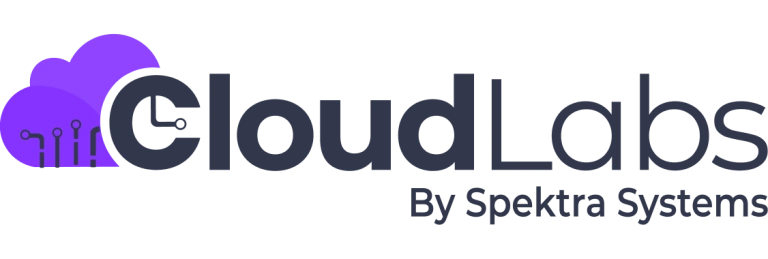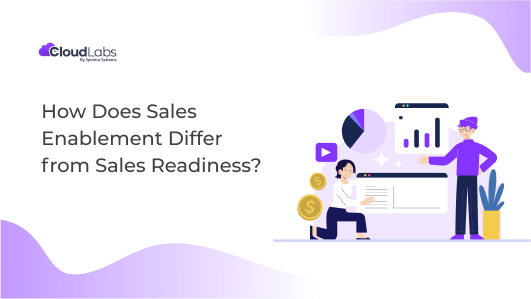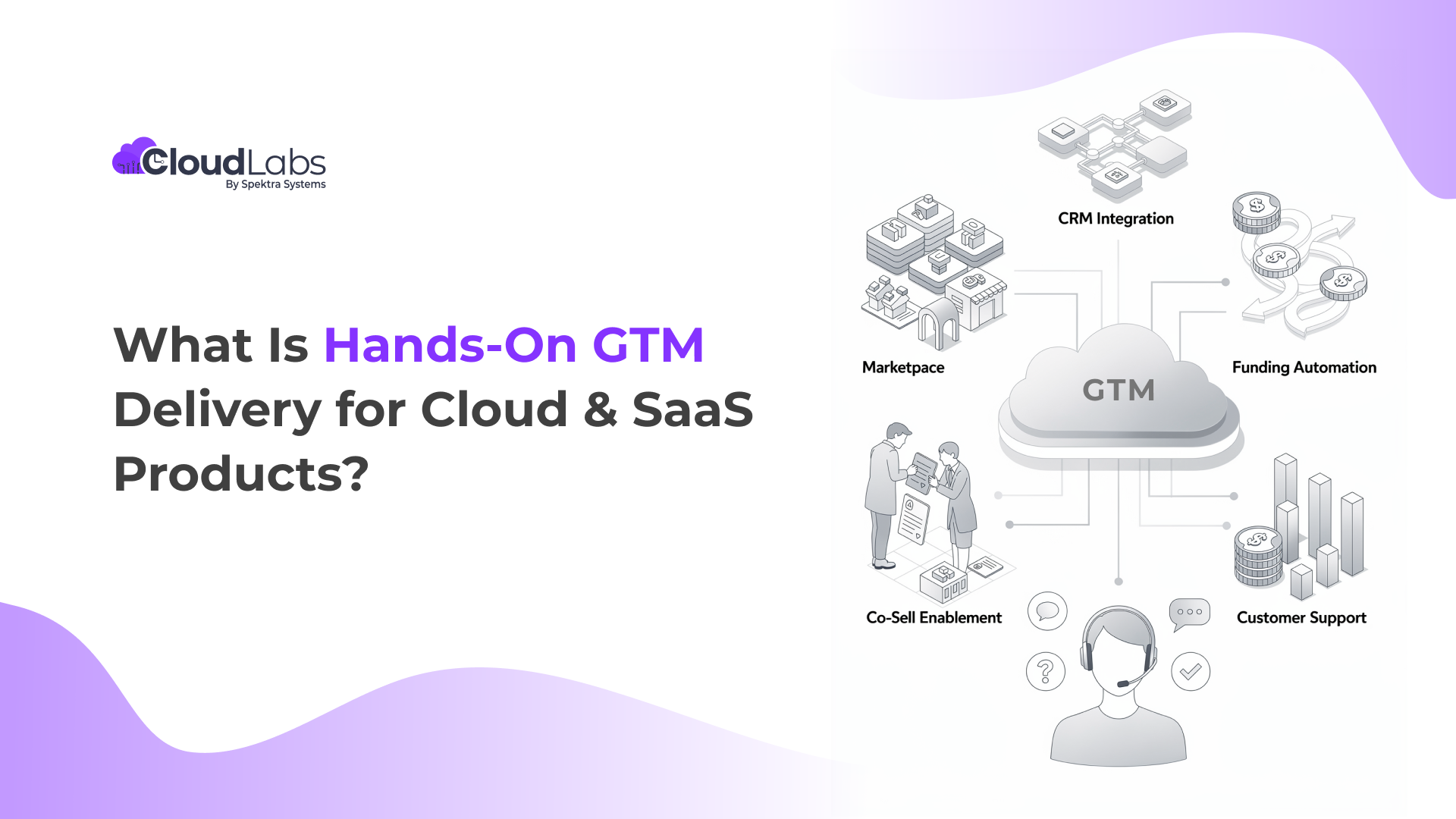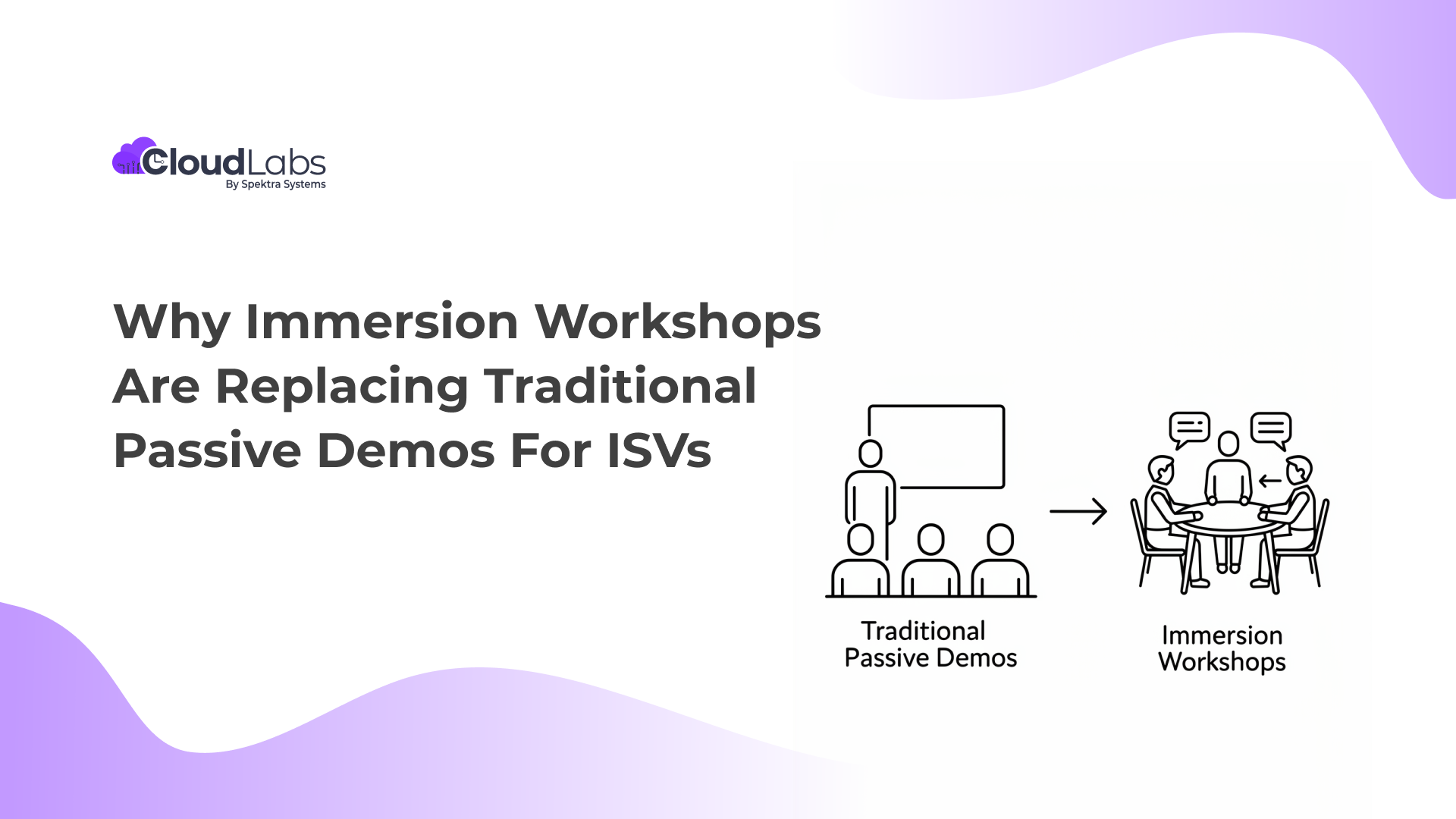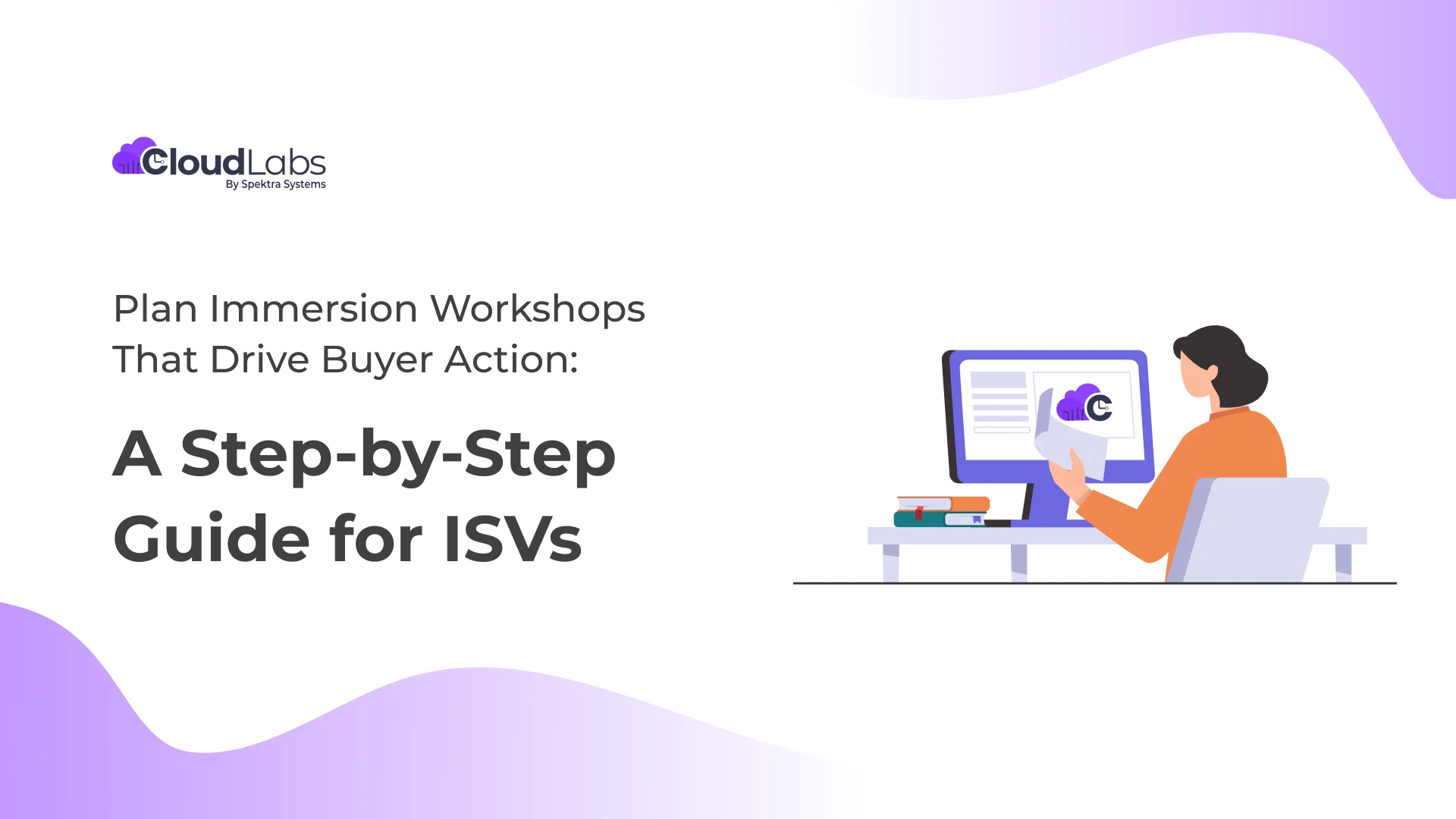Businesses are now looking for new strategies to sort out the challenges in their sales processes. Firms are actively seeking innovative approaches to impress and cater to the high expectations of their buyers to gain a competitive advantage and outperform rivals. Sales enablement and sales readiness are the long-term solutions they comprehend. It is evasive that these terms sound very similar in accordance with the goals but different in the way how they are achieved.
CSO Insights states that more than 60 percent of companies adopt a sales enablement process which is triple the number of the scenario 6 years ago. Other 50% of organizations plan to invest more in the areas that help with better sales readiness.
Having a role in the marketing or sales department necessitates understanding these two definitions along with their crucial differences, as it is essential for departments to collaborate effectively rather than conflict with each other. Let’s take a deep look into each.
Sales Enablement vs. Sales Readiness
The Definitions:
Sales enablement refers to the strategic approach of equipping sales teams with the necessary resources, tools, and information to effectively engage with potential customers throughout the sales process. It involves providing relevant content, training, and technology that enables sales representatives to better understand customer needs, address challenges, and close deals successfully.
On the other hand, Sales readiness involves ensuring that sales representatives possess the required skills, tools, and knowledge to perform their roles effectively. It encompasses training programs, assessments, and development initiatives that focus on enhancing individual sales competencies such as product knowledge, objection handling, negotiation skills, and customer relationship management.
The Difference:
Sales readiness is an essential element within the realm of the sales enablement process, focusing on determining if your sales representatives are adequately prepared. On the other hand, sales enablement encompasses a wider range of activities, including change management, internal communication, and fostering collaboration among various departments. Take a look at the table to ease your understanding.
| Sales Enablement | Sales Readiness |
|---|---|
| Focuses on equipping sales teams with resources and tools. | Focuses on ensuring sales representatives possess the required skills and knowledge. |
| Aims to enhance the overall effectiveness of sales teams. | Aims to ensure sales representatives are ready to perform their roles effectively. |
| Provides content, training, and technology for sales teams. | Offers training programs to develop and improve sales skills. |
| Focuses on aligning marketing and sales efforts. | Concentrates on individual sales performance and readiness. |
| Aims to increase sales productivity and efficiency. | Aims to increase sales effectiveness and customer satisfaction. |
| Involves creating and managing sales collateral and content. | Involves assessing and improving sales competencies and capabilities. |
| Provides tools and resources for lead generation and nurturing. | Provides training on objection handling, negotiation, and closing deals. |
Are they important?
From dealing with the customers directly to answering unprepared complex questions from the customers, the sales team bears intricate tasks at hand. The sales team can frame a perfect experience for customers to boost sales and overall revenue of the company along with helpful strategies from the marketing outreach.
Structured virtual sales enablement guidance and an understanding of sales readiness are the keys to success in this situation. Only then will you be able to significantly increase your competitive edge by winning more committed clients and closing more sales.
Moreover, sales training is important in several ways,
- Enhances overall sales performance resulting in higher conversion rate and increased revenue, improved sales effectiveness, and customer satisfaction.
- Sales training provides a competitive edge by equipping sales teams with the right capabilities, enabling them to deliver a superior customer experience and outperform competitors.
- Ensures that sales teams have access to standardized processes that align with organizational goals, updated content, and consistent messaging, which leads to a cohesive customer experience.
- Organizations can optimize resource utilization such as identifying skill gaps and the use of relevant tools and sales enablement technology.
How CloudLabs’ virtual training labs help you with sales team enablement?
Sales team training has become more across the board as businesses are apprehending the benefits of it. CloudLabs eases the sales enablement process by helping you an optimized sales training with immersive hands on labs. With CloudLabs, achieve impactful sales demos and equip your sales teams with the ultimate ROI-boosting hands-on lab platform. Some of the robust features that can greatly benefit your sales enablement process are:
- Click-through demonstrations: Build, deliver, and track the demos with CloudLabs click-through demonstrations and streamline the sales cycle.
- (POCs) Proof of Concepts: Provide customized POCs with as few or as many use cases as needed for your customer to close the deal with you.
- Effective Sales: Upgrade and scale up your sales outreach with virtual labs that provide real-world product simulations.
- Consumption Tracking: Track your cloud consumption and reduce costs spent on labs with CloudLabs’ consumption-based pricing model by paying for only active lab time.
- Customizable Labs: Let your sales team portray your product features as per requirements in a customizable lab environment.
- Test Drives: Train your sales team with a super-secure sandbox environment to spin around your product with CloudLabs.
- Industry Leading Support: Get constant and instant support from CloudLabs’ proficient team to ease your lab experience.
Empower your sales team with immersive virtual labs for hands-on product experiences
Vikas Dahiya is a Partner Success Manager at CloudLabs and is dedicated to optimizing cloud investments and promoting a culture of continuous learning. He demonstrates a passion for aligning business objectives with innovative strategies while building robust client relationships through Success and Program Management.
